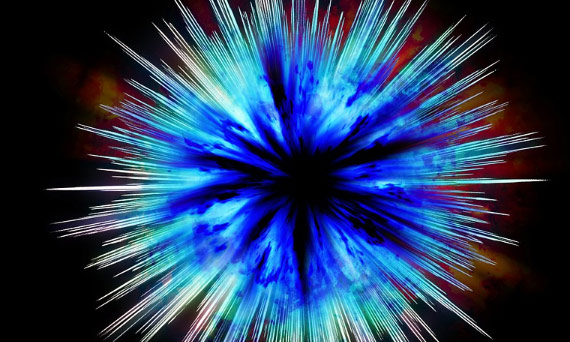
Online Resources for Schools

Online Homework Exercises
The Lancaster Physics Department is collaborating with the Institute of Physics North West Stimulating Physics Programme and the Ogden Trust to compile a series of online homework exercises for A-Level students. The exercises are being developed as part of our Teacher CPD programme, and are inspired by the physics research being carried out at Lancaster University. The exercises are posted online and can be self-marked by students with feedback given at each stage.
Some links to the current question bank are given below:
- Exercises on Star Trek Physics - A-Level topics: circular motion, gravitational fields, gas laws
- Space and Planetary Physics - A-Level topics: electromagnetism, atoms and molecules
- Observational Astrophysics - A-level topics: astrophysics, electromagnetism, atoms and light
- Low-Temperature Physics - A-level topics: temperature, thermal energy transfer
For more information, or if you have questions on the questions, please contact Phil Furneaux
AuroraWatch UK
Ever wanted to watch the Northern Lights over the UK but had never known when was the best time to look? AuroraWatch UK monitors geomagnetic activity, which is a sign that the aurora may be visible and offers free alerts to notify you whenever the aurora is likely to be seen from the UK?
AuroraWatch UK

Lancaster Particle Physics Package
The Lancaster Particle Physics Package (LPPP) is a web-based educational resource developed by the Experimental Particle Physics research group at Lancaster University. LPPP aims to give students a feel for the basic physics and techniques involved in modern particle physics experiments, such as the ATLAS detector at CERN. LPPP is targeted at students aged 16 to 18 who are taking A-Level (or equivalent) physics courses.
LPPP provides a step-by-step guide to experimental particle physics, from basic concepts through to cutting-edge research. There is a gradual introduction to relativistic formulae and units for energy and mass. The accompanying hands-on activities include short exercises, and a series of animations which simulate the real underlying physics.
By following the activities and exercises in LPPP, you'll learn how we detect and identity particles in our experiments, how we measure their fundamental properties, and how we make new discoveries in particle physics such as the Higgs Boson.
Lancaster Particle Physics Package
